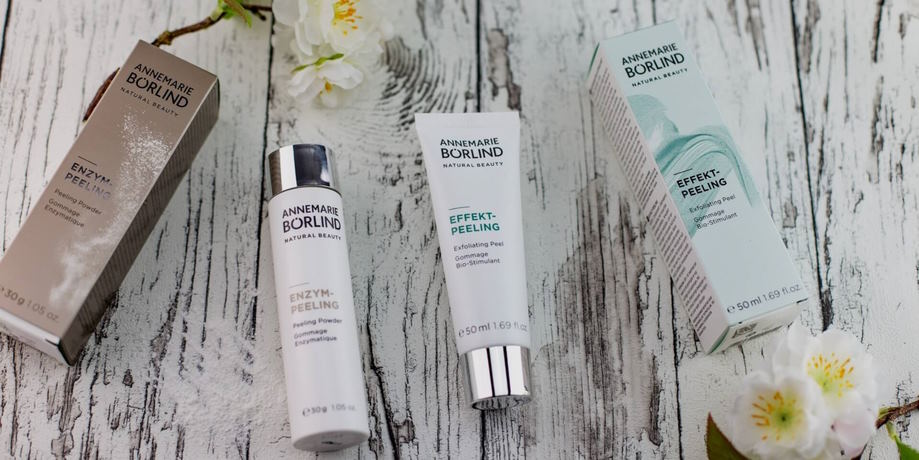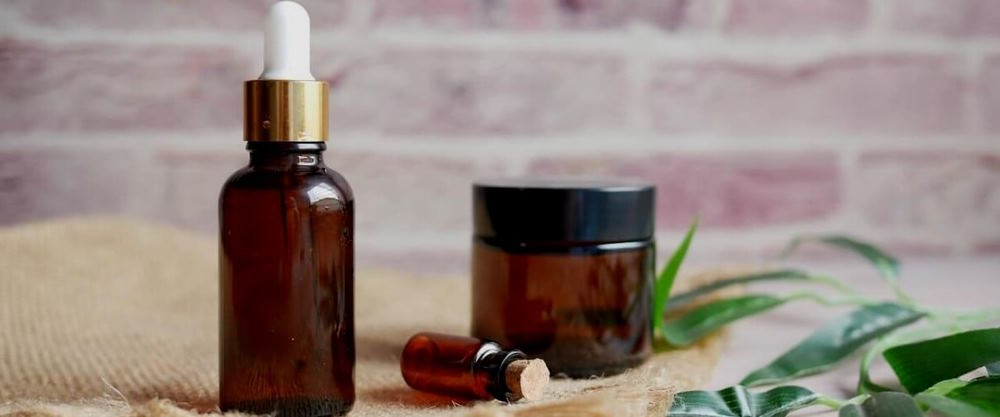Natural and organic cosmetics are becoming increasingly popular as more people become aware of the potential effects certain products can have on their health and well-being. But what sets these types of cosmetics apart from each other? In this blog post, we’re going to take a closer look at natural and organic cosmetics. So if you’ve ever wondered how natural and organic products differ or why people choose one over the other, keep reading.
Organic cosmetics
Today, this type of product is one of the most popular. It is made from natural ingredients that are safe for people and the environment. Many requirements are necessary for creating such products: raw materials must be grown in areas without harmful chemicals, pesticides, and herbicides. Biodegradable packaging that is made from recycled materials can be recycled again. You will know if a product is organic if it has a slight pharmacy or medicinal smell, a small amount of foam, and the list of components and a certificate are indicated on the label. The composition does not contain harmful components like dyes, parabens, silicones, or fragrances. To prolong its shelf life, natural preservatives of plant origin are used.
Organic products are safe and only contain natural ingredients, but they do not guarantee effectiveness. In addition, some of them may cause allergic reactions due to the presence of plant extracts and essential oils in the composition.

Biocosmetics
The characteristics are very similar to organic. The differences are that it contains 95% natural components, and 5% are obtained due to complex chemical reactions, but only from a small list of components approved by certificates. In its composition, substances of animal origin are allowed but obtained so that the animal does not cause harm or pain. Products of many brands meet strict requirements.
Vegan cosmetics
This product does not have honey, gelatin, or keratin in it. It is also not allowed to use genetic engineering products with animal genes. This product is not tested on animals, as shown by the Leaping Bunny certification, Cruelty-Free badge, and Vegan label. All ingredients are of plant origin and do not contain chemical or synthetic components.
Natural cosmetic
Today, the most popular and affordable cosmetics contain natural ingredients. A cosmetic product containing at least one natural extract can be called “natural.” However, it is essential to read labels carefully, as some products that claim to be natural may only contain 20-50% natural ingredients. Some “natural” products may also contain synthetic preservatives, mineral abrasives, and pigments.
In conclusion, it’s essential to understand the differences between natural and organic cosmetics to make an informed decision about what is best for you. Natural products may be safe and affordable but do not guarantee effectiveness. Organic products are safer but may cause allergic reactions. Biocosmetics contain 95% natural components, while vegan cosmetics are free from animal-derived ingredients. Keep all of this in mind when looking for the perfect cosmetic product.

